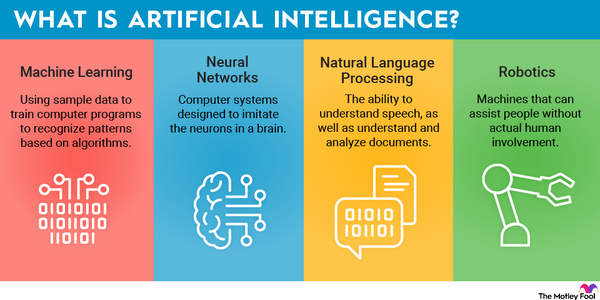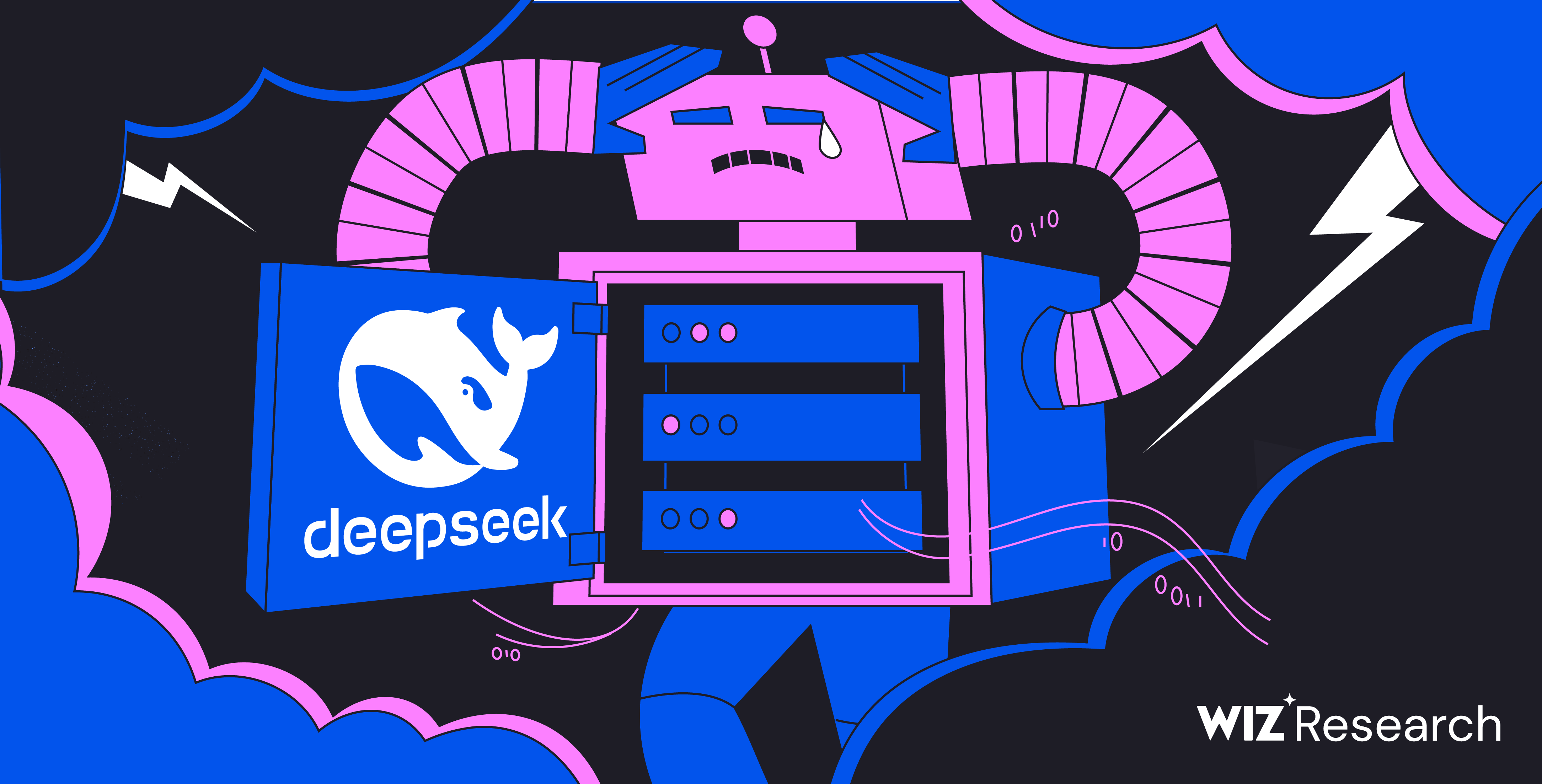DeepSeep-R1 chatbot, an innovative innovation in the AI world, has just recently caused an outcry in both the finance and technology markets. Created in 2023, this Chinese startup quickly surpassed its competitors, consisting of ChatGPT, and ended up being the # 1 app in AppStore in several countries.
DeepSeek wins users with its low cost, being the first sophisticated AI system readily available totally free. Other similar large language models (LLMs), such as OpenAI o1 and Claude Sonnet, are currently pre-paid.

According to DeepSeek's developers, the cost of training their model was only $6 million, an innovative little sum, compared to its rivals. Additionally, the design was trained using Nvidia H800 chips - a simplified variation of the H100 NVL graphics accelerator, which is allowed for export to China under US restrictions on offering sophisticated technologies to the PRC. The success of an app developed under conditions of minimal resources, as its designers declare, ended up being a "hot subject" for conversation among AI and service specialists. Nevertheless, some cybersecurity experts point out possible dangers that DeepSeek might carry within it.
The threat of losing investments by large innovation business is currently amongst the most important topics. Since the big language design DeepSeek-R1 first became public (January 20th, 2025), its unmatched success caused the shares of the business that bought AI advancement to fall.
Charu Chanana, primary investment strategist at Saxo Markets, suggested: "The introduction of China's DeepSeek shows that competitors is magnifying, and although it may not pose a significant hazard now, future rivals will progress faster and challenge the established business faster. Earnings today will be a substantial test."
Notably, DeepSeek was launched to public usage almost exactly after the Stargate, which was expected to become "the greatest AI facilities task in history up until now" with over $500 billion in financing was revealed by Donald Trump. Such timing might be seen as a deliberate attempt to challenge the U.S. efforts in the AI technologies field, not to let Washington get a benefit in the market. Neal Khosla, a founder of Curai Health, which uses AI to enhance the level of medical assistance, called DeepSeek "ccp [Chinese Communist Party] state psyop + economic warfare to make American AI unprofitable".

Some tech experts' apprehension about the announced training expense and devices utilized to establish DeepSeek might support this theory. In this context, some users' accounting of DeepSeek apparently identifying itself as ChatGPT also raises suspicion.

Mike Cook, accc.rcec.sinica.edu.tw a researcher at King's College London concentrating on AI, talked about the subject: "Obviously, the design is seeing raw reactions from ChatGPT at some point, but it's not clear where that is. It could be 'unintentional', however sadly, we have actually seen circumstances of people directly training their models on the outputs of other models to attempt and piggyback off their understanding."
Some experts likewise find a connection in between the app's creator, Liang Wenfeng, and the Chinese Communist Party. Olexiy Minakov, a specialist in communication and AI, shared his interest in the app's quick success in this context: "Nobody checks out the terms of usage and privacy policy, happily downloading a completely complimentary app (here it is suitable to recall the saying about free cheese and a mousetrap). And then your data is kept and readily available to the Chinese federal government as you communicate with this app, congratulations"
DeepSeek's privacy policy, according to which the users' information is saved on servers in China
The possibly indefinite retention period for users' individual info and uncertain wording relating to data retention for users who have actually violated the app's terms of use may likewise raise questions. According to its privacy policy, DeepSeek can get rid of details from public gain access to, however maintain it for internal examinations.

Another threat hiding within DeepSeek is the censorship and bias of the info it offers.
The app is concealing or supplying deliberately false info on some topics, showing the danger that AI technologies developed by authoritarian states may bring, and the impact they might have on the details space.
Despite the havoc that DeepSeek's release caused, some specialists show apprehension when talking about the app's success and the possibility of China providing new innovative creations in the AI field quickly. For example, the task of supporting and increasing the algorithms' capacities may be an obstacle if the technological restrictions for China are not raised and AI technologies continue to progress at the very same fast lane. Stacy Rasgon, an analyst at Bernstein, called the panic around DeepState "overblown". In his opinion, the AI market will keep getting investments, and there will still be a need for data chips and data centres.
Overall, the financial and technological changes triggered by DeepSeek might undoubtedly prove to be a momentary phenomenon. Despite its present innovativeness, the app's "success story"still has substantial gaps. Not just does it issue the ideology of the app's developers and the truthfulness of their "lesser resources" development story. It is likewise a question of whether DeepSeek will show to be durable in the face of the market's demands, and its ability to keep up and overrun its rivals.



![Honkai: Star Rail – Erster Eindruck [Review]](https://dubaiclub.shop/upload/photos/2025/05/8UUmp8WuNjOdyftBC6Xe_21_5edd2c1dc7bf3f2152efea02435d4252_image.png)
